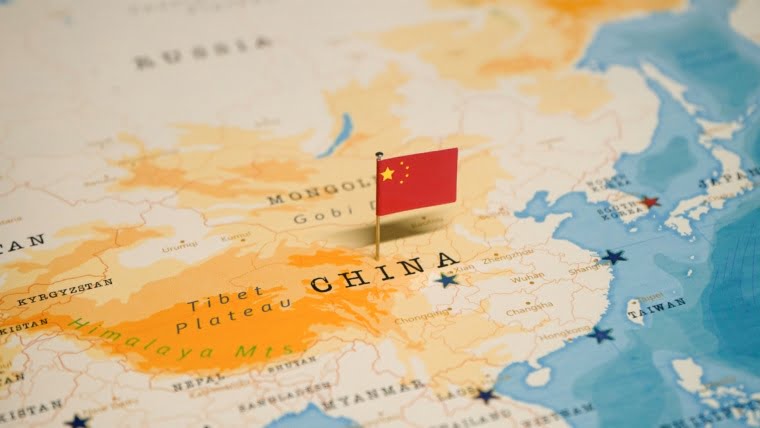 The United Nations recognises 21 November as World Television Day. Television is arguably the most powerful communication medium today, with ever-advancing technologies enabling it to easily cross borders. Television can be a fantastic educational tool, able to promote mutual understanding and tolerance. The role of languages on television is an interesting one, as is the phenomenon of programming being transferred to different cultures.
The United Nations recognises 21 November as World Television Day. Television is arguably the most powerful communication medium today, with ever-advancing technologies enabling it to easily cross borders. Television can be a fantastic educational tool, able to promote mutual understanding and tolerance. The role of languages on television is an interesting one, as is the phenomenon of programming being transferred to different cultures.
There is a European Charter for Regional or Minority Languages, established in 1992, whereby countries in Europe undertake to encourage and/or facilitate the creation of at least one television channel in their regional or minority languages, or the broadcasting of television programmes in these regional or minority languages on a regular basis.
The BBC states that it “is committed to supporting indigenous languages through various broadcasting initiatives”, for example BBC Alba for Gaelic and the new strategic partnership with S4C for Welsh. “These services will support original programming, help to nurture the indigenous language production base, and ensure that the BBC plays a central role in supporting diversity, identity and cultural expression.” S4C is the only Welsh-language public broadcaster. Please click here to read our news post about the recent restructuring of S4C. BBC Alba is the digital Scottish Gaelic channel. It is a general entertainment channel with news, documentaries, children’s programmes, dramas, sport and films broadcasting to the UK and Ireland, although it is aimed at a Scottish audience.
The BBC Asian Network, despite being broadcast primarily in English, also provides programming in a range of South Asian languages, connecting listeners with each other and with their cultural and linguistic roots.
Television has the power to transcend cultures and languages; just take the example of Mr Bean, which has been a huge success all over the world. Of course, Mr Bean doesn’t speak much, so there’s no language barrier to contend with. There are also many shows that began life in one country (and, therefore, language) but went on to be adapted for other audiences, e.g. Who Wants to be a Millionaire? (conceived in the UK but franchised to over 100 countries worldwide, making it the most internationally popular TV franchise ever) and Big Brother (first broadcast in the Netherlands in 1999 and subsequently achieved success in almost 70 countries).
‘Allo ‘Allo was a hugely popular sitcom in the UK in the 1980s, and enjoyed similar levels of success in France. The portrayal of language was key to the comedy, with dialogue spoken in English but using exaggerated accents to determine the languages the characters were speaking. It was finally screened for the first time in Germany in 2008, following a relaxation of the law regarding the appearance of Nazi symbolism on screen.
It’s relatively unusual in the UK to watch TV shows in other languages, but The Killing is one recent exception. An English-language version was produced in the USA, but in fact the original Danish version (Forbrydelsen) has been very successful here, attracting record numbers of viewers, especially given its broadcasting on BBC4. Wallander was another successful Scandinavian import; originally in Swedish and broadcast in its original language on BBC4, while the British adaptation, starring Kenneth Branagh, attracted increased interest and aired on BBC1.
As English speakers we are less used to watching films or television with subtitles, and accordingly a large section of the audience are put off when faced with such a prospect. In non-English speaking countries, however, it is often par for the course to watch programmes and movies in English or other languages, either dubbed or subtitled (depending on country conventions). In Latin America, some of the best-loved soap operas in the Spanish-speaking parts are actually Brazilian, and therefore originally in Portuguese.
My mission for this year’s World Television Day will be to only watch programmes in a foreign tongue. Will you join me?

